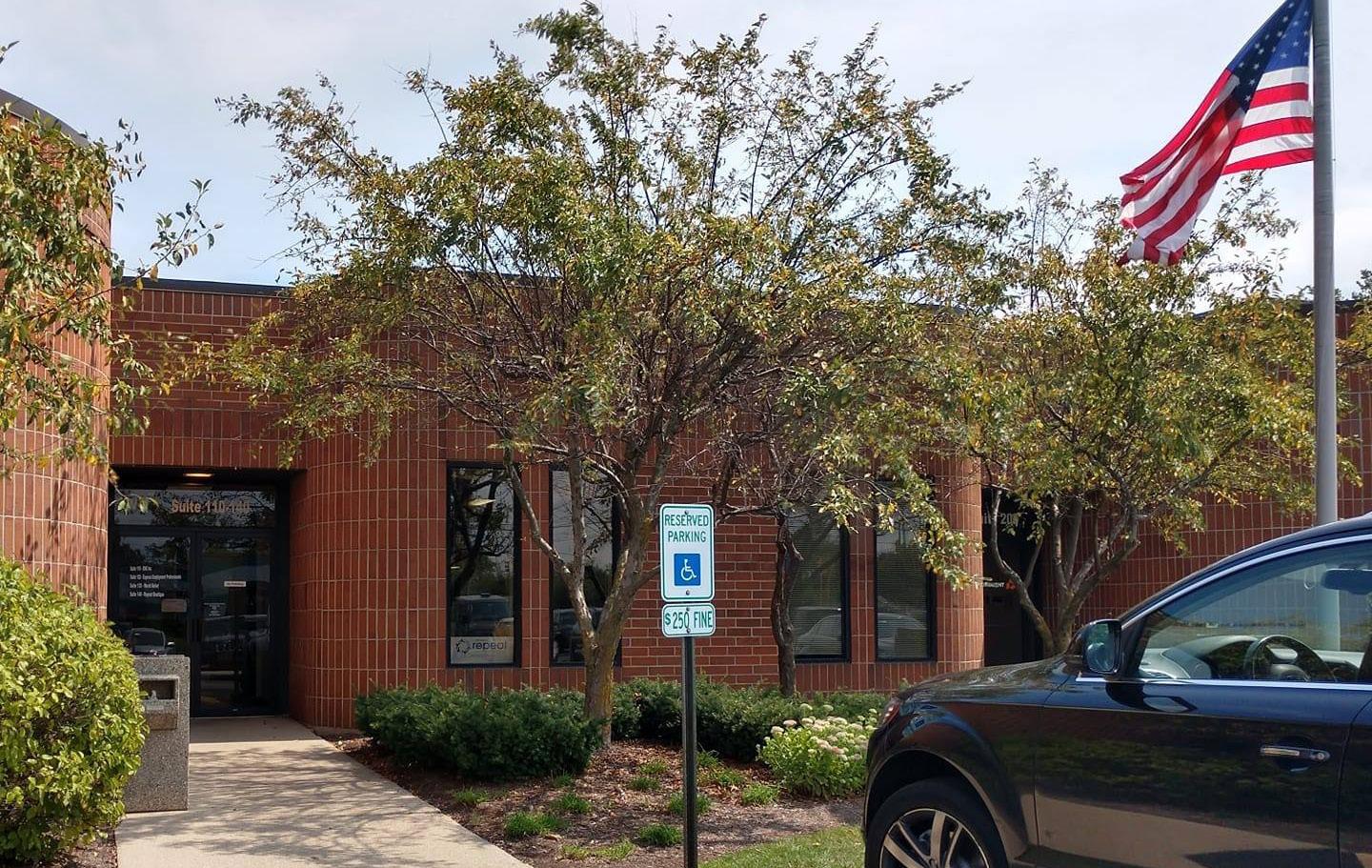“golden bowls full of incense, which are the prayers of the saints.” (Revelation 5:8) Those prayers have reached the throne room, fragrant and precious to God. One Sunday by my dad’s bedside in the hospital in Texas, we read together from Hebrews 4:16: “Let us then approach the throne of grace with confidence, so that we may receive mercy and find grace to help us in our time of need.” (NIV) That afternoon I watched a video of the service from our church in Ukraine and heard that same verse read in Ukrainian. What a gift, connecting Scripture with a very immediate physical need in an American hospital and with our dear brothers and sisters in the worldwide church. Mercy and grace. Help in our time of need—available to all believers in all times and places.
A graveside is another powerful place to meet with God and rest in the hope of the resurrection. How grateful I am to be able to approach the throne of grace and meet with God behind closed doors at home, or anywhere, adding my prayers to the golden bowl of incense and finding mercy and grace. “And the God of all grace, who called you to his eternal glory in Christ, after you have suffered a little while, will himself restore you and make you strong, firm and steadfast. To him be the power for ever and ever. Amen.” (1 Peter 5:10-11, NIV)
My sweet dad is now present with the Lord, no longer suffering, and singing praises like never before. And the Lord is also present with us, comforting and loving us in our grief.
Whatever happened to church prayer meetings? According to Charles Spurgeon, the prayer meeting was alive and well in his days, “I always give all the glory to God, but I do not forget that He gave me the privilege of ministering from the first to a praying people. We had prayer meetings that moved our very souls, each one appeared determined to storm the Celestial City by the might of intercession.” Where is this vitality, earnestness and efficacy that Charles Spurgeon witnessed? Some people have suggested that since many of us aren’t committed to pray on our own, why would we feel compelled to pray together, out loud, in public? Others point to our overfull calendars and schedules that preclude any possibility for consistent attendance at church prayer meetings. We’re simply over-committed.
SIDE BY SIDE
Midweek What? Pastoral Resident Jacob Warren
For some it might be “fear of man,” a preoccupation with other people’s opinions that causes our blood pressure to spike at the thought of being asked to pray out loud in the company of others. Maybe it’s simply that prayer is hard, and while we are willing to acknowledge the importance of prayer, we just might not believe that it’s worth the effort, particularly in a group setting. No one would dispute that private prayer is important. After all, Jesus warned us not to be like those who pray in public for recognition’s sake, but to “go into your room and shut the door and pray to your Father who is in secret.” (Matthew 6:5-6) Jesus himself modeled this by going out “very early in the morning, while it was still dark [he] got up, left the house and went off to a solitary place, where he prayed.” (Mark 1:35, NIV) Or in Matthew 14:23 where “after [ Jesus] dismissed the crowds, he went up on a mountain by himself to pray, when evening came, he was there alone.” In perhaps Jesus’s most trying hour, he “withdrew about a stone’s throw beyond them [his disciples], knelt down and prayed…” (Luke 22:41, NIV)
11









